Last week, superintendent Jesus Jara released a report titled “Achieving Equity and Access in the Clark County School District” detailing the racial inequities within CCSD’s education system. According to the report, Black and Hispanic students have less access to pre-kindergarten, elementary school gifted and talented programs, middle school accelerated courses and high school advanced classes than White and Asian students.
While this isn’t a problem that affects CCSD exclusively, the level of inequitable access is extreme here. Black and Hispanic students are less likely to be enrolled in pre-kindergarten. White students make up less than a quarter of all students, but almost half of all students enrolled in gifted and talented programs. More than 90% of Black students aren’t enrolled in advanced middle school math classes, compared to just over half for White students. This is just a small sampling of the data found within the report.
While primary education is supposed to ensure all students have equal opportunity to do well in the future, this promise of success is essentially denied to Black and Hispanic students. Virtually every ailment that haunts minority communities, especially in CCSD-poverty, crime and unemployment—can be traced back to insufficient childhood programs.
I’ve seen and experienced first-hand as a Black student how valuable tools like pre-K and AP classes can be-and virtually anyone who has had access to them will tell you the same thing. While I’ve been lucky enough to have access to high-quality education and well-funded public schools, many students have no such fortune. These programs provide crucial education and learning opportunities to help students obtain a head start by granting them the tools and knowledge to be successful, and these headstarts are systematically denied to Black and Hispanic people.
If I weren’t fortunate enough to have the opportunities that I do, the likelihood of me achieving my dreams would be much lessF. While I have talented teachers and staff to help me start a successful career, countless students in the district aren’t so lucky.
By: Ahmed Ahmed
Source: https://projects.propublica.org/miseducation/district/3200060
Moreover, the lack of opportunity afforded to minorities isn’t just unjust, it hurts the population as a whole. Racial minorities not having access to the same high-quality education means fewer doctors, engineers and scientists to advance the population as a whole. Studies show that more funding for education increases economic growth, and this dynamic economy would attract more businesses and recent college graduates to CCSD.
Although policies to help close the achievement gap are often characterized as “hand-outs” by skeptics, the reality is that these gaps prevent economic growth and progress. If CCSD wants to compete with other localities for businesses, making sure that we have the best-educated populace, regardless of race, is the best way to do that.
Nevada state legislators should prioritize policies to close these disparities in this upcoming session. Policies like universal pre-K and expanding funding for schools in marginalized communities will at least be a step in the right direction for more equitable access to education. While concerns have been made about the cost of these programs like universal pre-K, their contribution to the economy are likely to exceed the price tag. I’ve seen how effective some of these programs can be, with people from poorer schools coming to ones that I go to. These programs empowered them with the skills and knowledge that they needed to be successful in the future.
Equipping the next generation of students with skills to be competitive in the market economy is the primary goal of education. Policies that ensure that Black and Hispanic students have access to those same skills will help everyone in the valley. In the words of Benjamin Franklin, “An investment in knowledge pays the best dividends.”

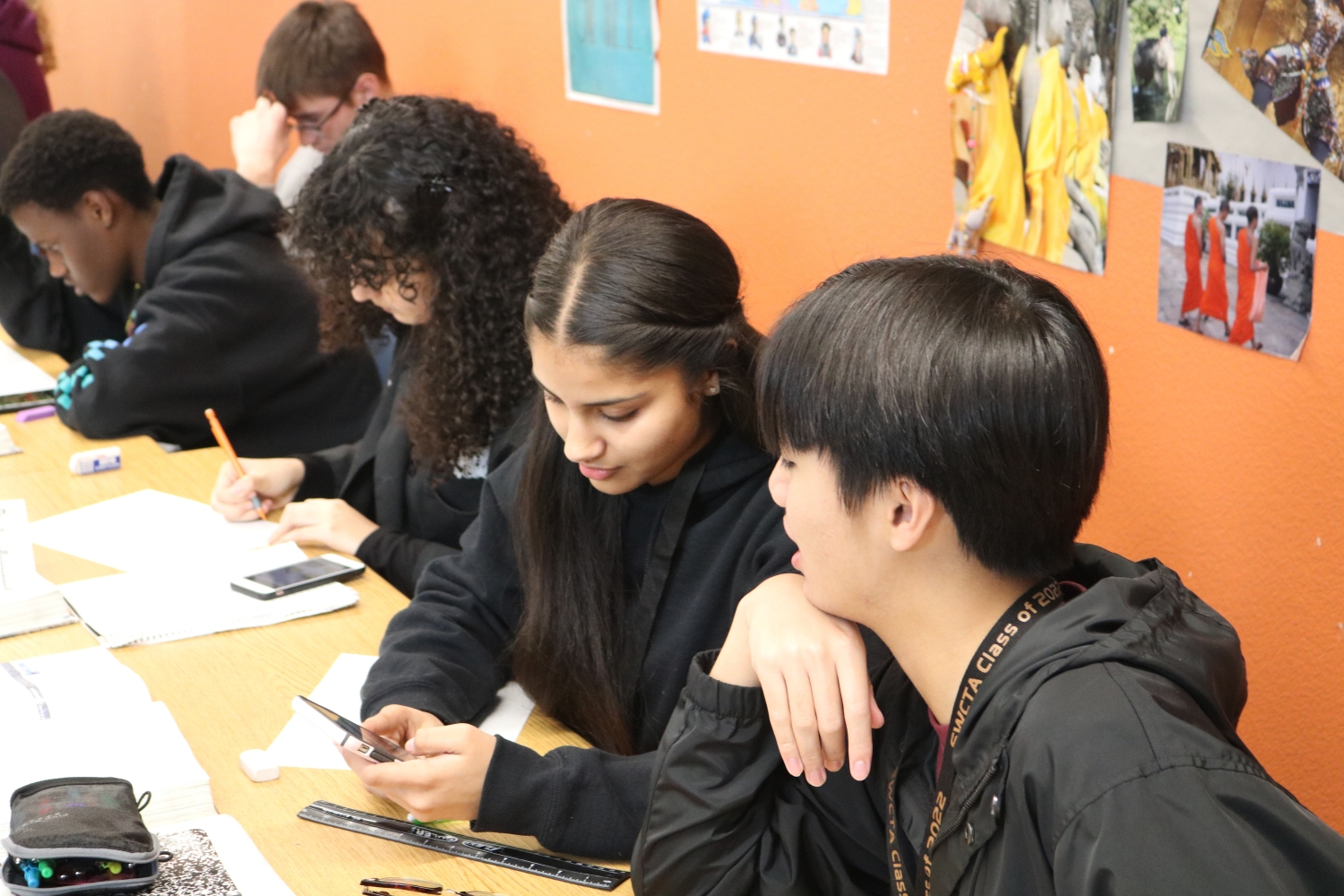


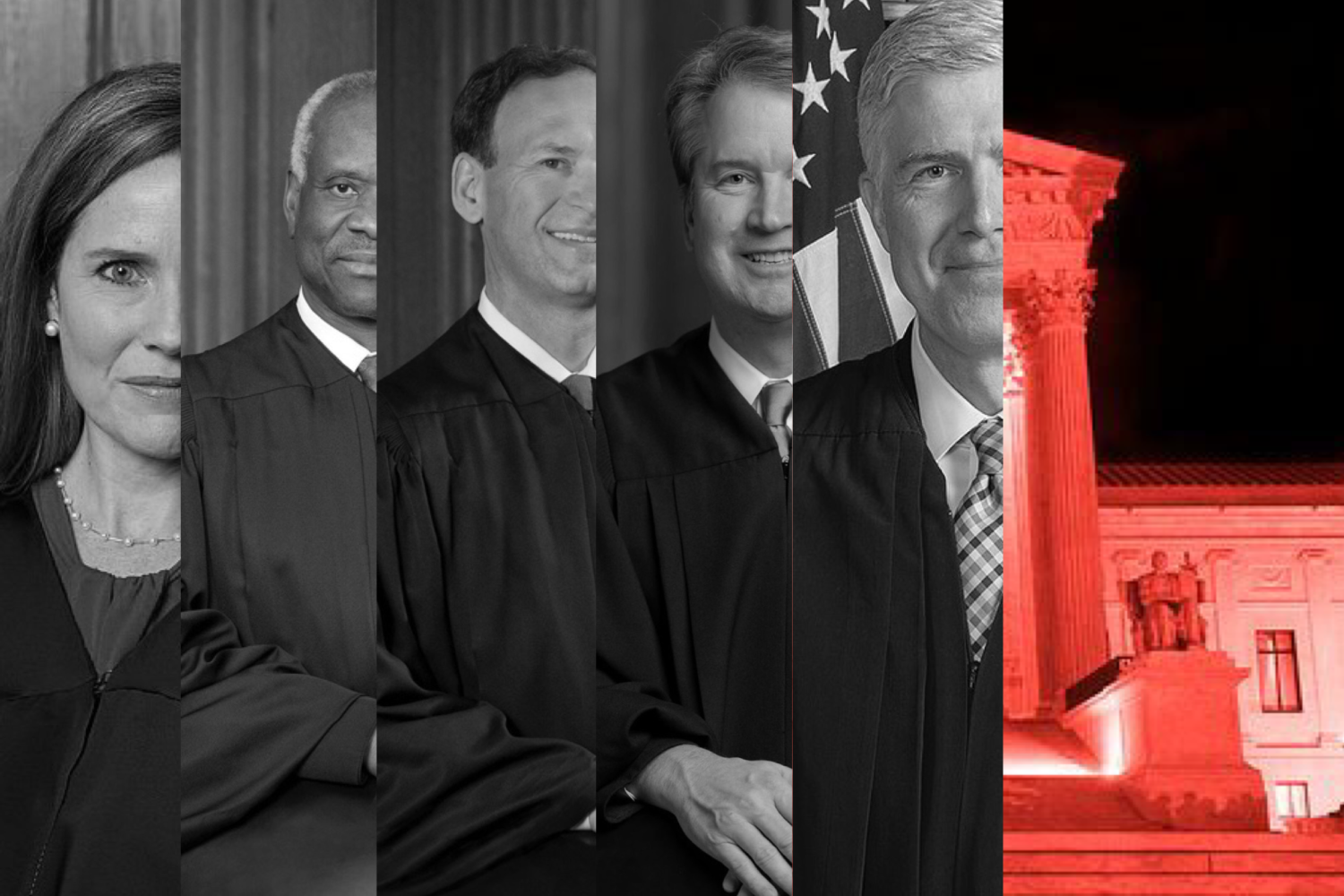
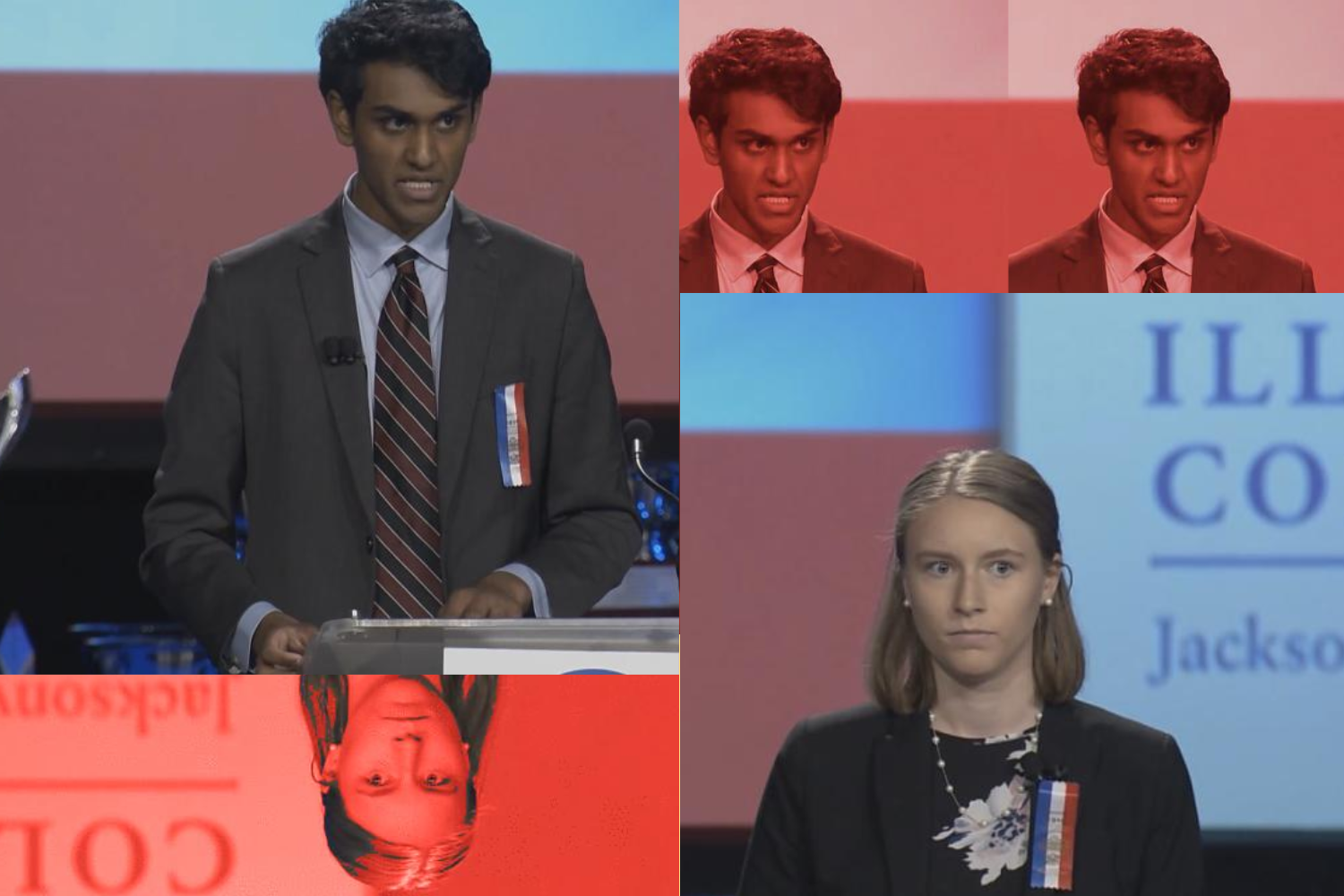
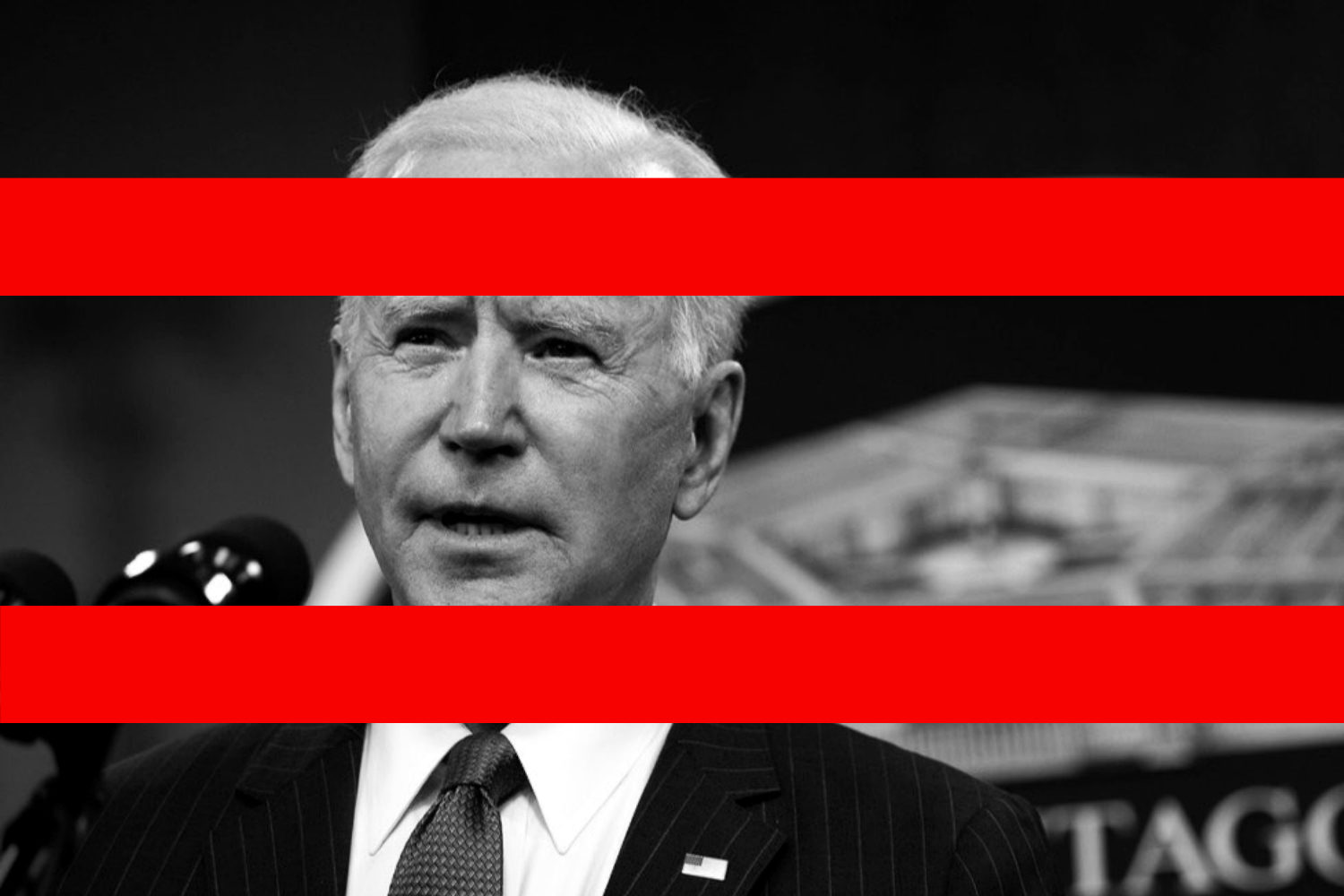
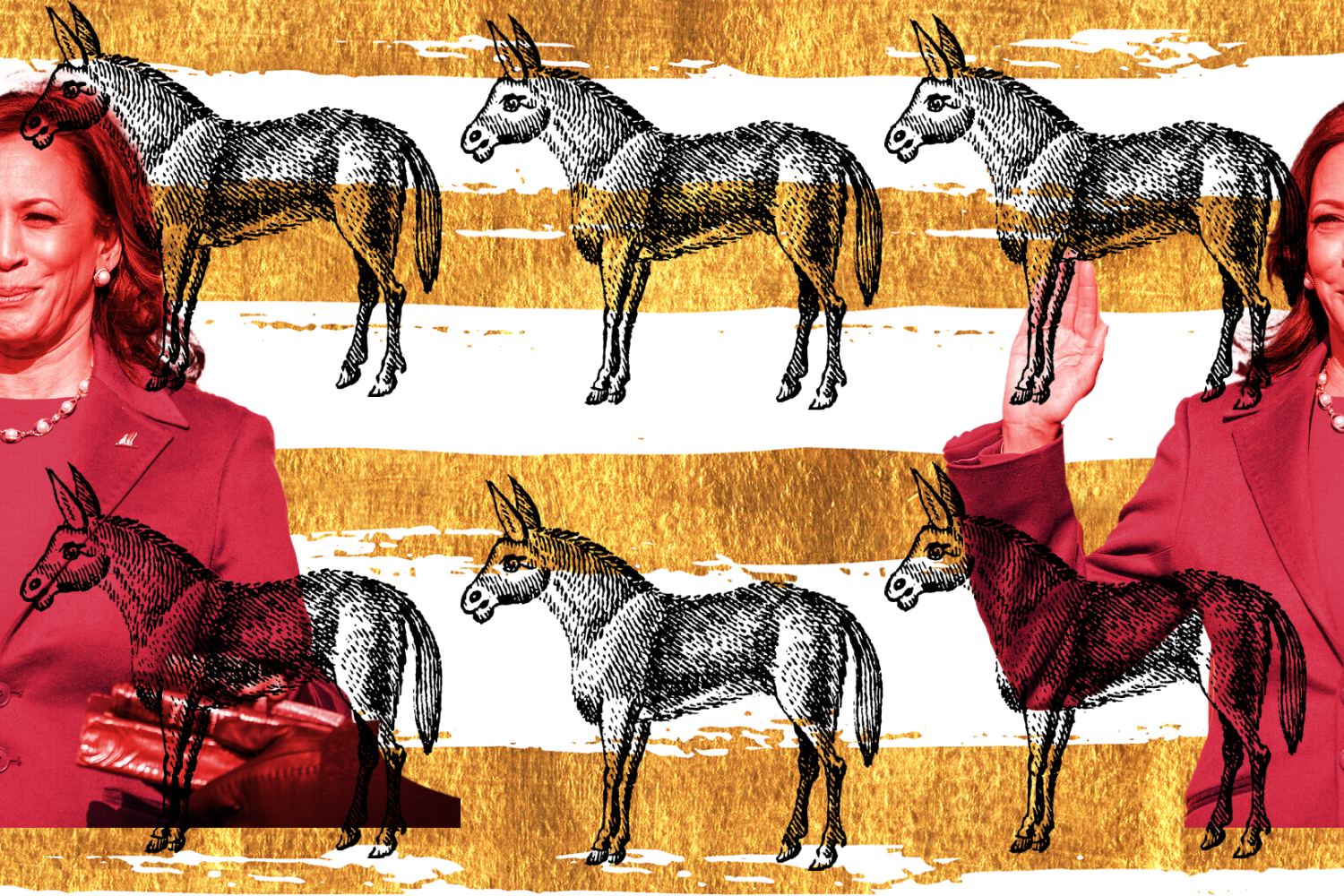








![Weighing her options, senior Allyana Abao decides between going on a practice drive or calling an Uber. Though unlicensed, Abao has considered driving to be a significant milestone of teen independence despite alternatives that provide much easier solutions.
“You're able to be independent and not rely on others,” Abao said. “You're able to get a job, get things that you need, go places you need to go. I have so many places that I want to go to and I ask [my family] for so much. I want to be independent to where they know that I can do things on my own, so they know that they don't have to be there for me.”](https://southwestshadow.com/wp-content/uploads/2025/10/IMG_2922-1200x900.jpg)
![Looking at the board, former BSU secretary Christina Altaye begins to prepare for BSU’s second year of Club Feud. This year, “Are You Smarter Than a Ninth Grader?” will be replacing this event. “I think it’s a fun change [to Club Feud],” BSU Activities Director Hellen Beyene said. “[I think] it’s always fun to do something new and different.”](https://southwestshadow.com/wp-content/uploads/2025/10/Screenshot-2025-09-29-11.06.43.png)

